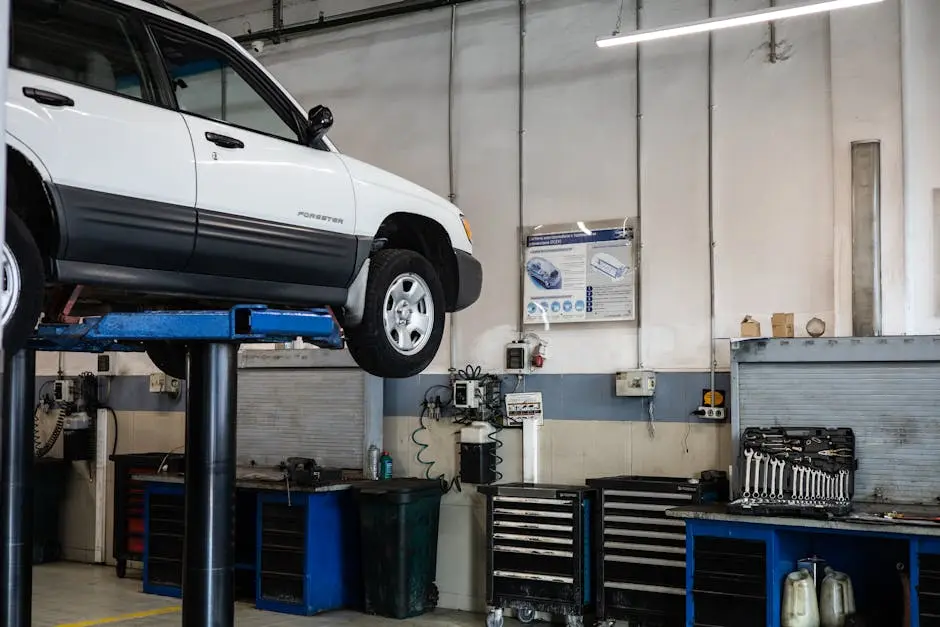Pawning your car can be a quick solution when you need a loan, but it’s important to understand the potential risks involved. In this FAQ, we’ll explore the various aspects and concerns you should consider before pawning your vehicle.
Understanding the Pawn Process
Learn how pawning your car works and what to expect during the transaction. The process typically begins when you assess the value of your car with a pawnbroker. Expect to provide information about your vehicle’s make, model, year, and overall condition.
Once your car is evaluated, the pawnbroker will offer you a loan amount based on that value. It’s important to remember that this amount is often much lower than the market value of your car.
The transaction usually requires you to hand over the car keys and leave your vehicle in the pawnbroker’s possession. This can feel like a big step, as it means trusting someone else to take care of your asset.
Evaluating the Value of Your Car
Discover how the car’s condition and market value can impact the amount you can pawn it for. A vehicle that is well-maintained usually brings a higher loan offer. Conversely, if your vehicle shows significant wear and tear, the amount you receive will likely reflect that.
Additionally, market trends play a vital role in valuation. Knowing if your car is a popular model can help you estimate the potential loan amount. Researching similar models’ resale values can give you a better idea of what to expect.
Before you pawn your car, consider getting a third-party appraisal. This not only helps you understand its value better but also ensures you aren’t settling for an unfair loan amount.
Risks of High Interest Rates
Understand the implications of high interest rates on your pawnbroking loan and how they can lead to more financial strain. In many cases, pawnbrokers charge interest rates that are significantly higher than traditional loans, contributing to a cycle of debt.
When you pawn your car, it’s essential to be aware of the interest that accrues over time. Fail to pay it back by the due date, and you may find yourself in a predicament where the cost of repaying exceeds the value of the loan itself.
Moreover, high interest rates can deter individuals from paying off the loan promptly, which can lead to the loss of your car. Always read the terms carefully to understand what you’re getting into.
Consider comparing interest rates among different pawnbrokers before making your final decision. Not all pawnbrokers are created equal, and a little research could save you a substantial amount of money.
Potential Loss of Your Vehicle
Examine what happens if you fail to repay the loan and the impact on your ownership of the car. If your financial situation takes a downturn and you’re unable to pay back your loan, you risk losing your vehicle to the pawnbroker.
In most cases, when borrowers default, the pawnbroker will sell the vehicle to recover their losses. This can be particularly devastating, especially if the car was your main source of transportation.
Understanding these consequences ahead of time can help you make more informed decisions. Always weigh whether you truly need to pawn your car versus finding other financial solutions.
Alternative Options to Pawning
Consider alternatives to pawning your car for cash, such as personal loans and credit options. Personal loans often have lower interest rates and more favorable repayment terms, making them a viable option.
You might also explore credit cards with low interest rates or loans from family and friends. Each of these options carries its own risks and benefits, so it’s critical to evaluate which route aligns best with your needs.
Finally, budgeting for your expenses or seeking assistance from a nonprofit credit counseling agency can provide additional financial support without resorting to pawning your car.
Final Thoughts on Pawning Your Car
By being informed about the risks associated with pawning your car, you can make a more confident decision that aligns with your financial needs. Always weigh the pros and cons and consider alternatives if necessary.


